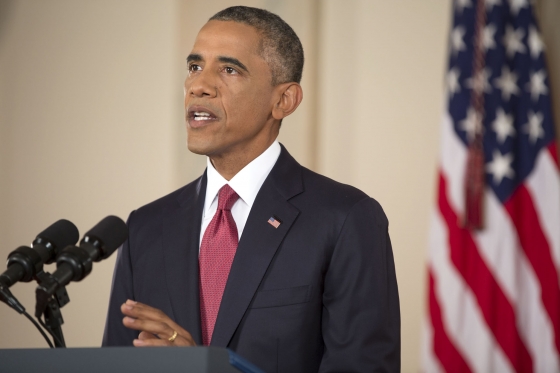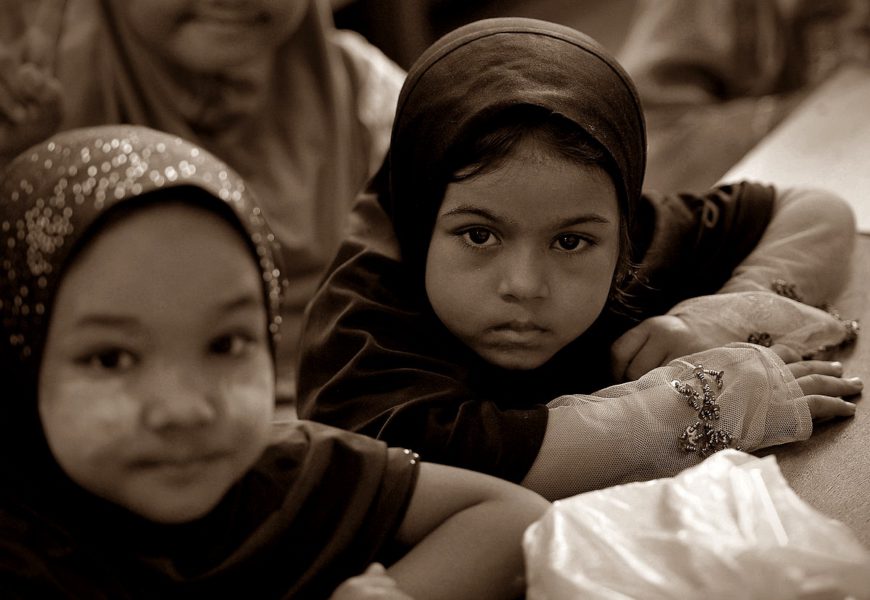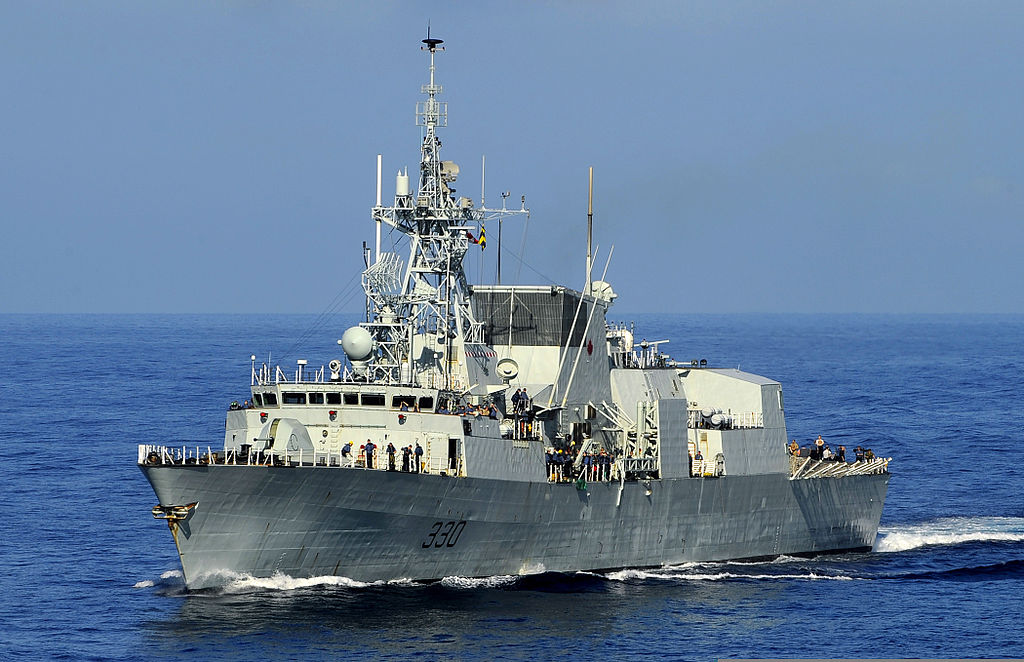On Wednesday September 10, 2014, American President Barack Obama addressed the world on his four point plan to ‘degrade and destroy’ the Islamic State (IS). In addition to his plan, Obama praised the formation of the new Iraqi government, which has also received political support from Hassan Rouhani, President of Iran.
Obama’s comprehensive approach to combating the militant extremists includes a systematic campaign of airstrikes to eradicate IS insurgents while protecting the opposition forces on the ground. Secondly, the United States will provide 475 service men to provide training and support to Iraqi and Kurdish forces on the ground. The service men will not engage in active combat, but rather will work to strengthen the military capabilities of these forces. Furthermore, the United States will booster counter-terrorism efforts by cutting funding supplied to IS, and by halting the flow of foreign fighters joining this terrorist organization. In two weeks time, Obama will assemble the United Nations Security Council to mobilize the international community around this cause. Finally, the United States will carry on its efforts to provide humanitarian support to Shia, Sunni, Yazidi and Christian populations among other religious minorities who have been targeted by the conflict.
Earlier this week, US Secretary of State John Kerry met with the newly formed Iraqi government composed of Shiite Prime Minister Haidar al-Abadi, Sunni Deputy Saleh al-Muttlaq, and Kurdish Deputy Hoshyar Zebari. The agenda of his visit was to discuss how the Iraqi government could better mobilize support and legitimacy from its citizens against ISIS, which Kerry believes is essential for the development of peace and security within the region.
Interestingly enough, Iranian authorities are aligned in providing support to Iraq’s new Prime Minister. The Iranian government highly condemns the actions undertaken by IS and its attacks against the Shia people. While the Iranians are cautious of United States intervention, especially against Syria, both nations seem to agree on the need for increased airstrikes.
The US-Iranian relations have long suffered tensions due to nuclear threats and heavy sanctions. Future cooperation between between the United States and Iran remains uncertain, since Iranian moderates are open to cooperate with the West on combatting IS, while Iran’s traditionalists, steered by historic hostility towards the United States, refuse to acknowledge the possibility of a working agreement.
Iran’s cautious attitude towards cooperation with the United States will depend on how the United States intervenes in Syria, Iran’s geopolitical ally. In his address, Obama made it clear that he will hunt IS insurgents wherever they may be. For years, Obama was apprehensive about entering Syria. However, the rise of the IS threat to America demonstrates the imperative for the United States government to re-examine its involvement in Syria.
The backing of the new Iraqi government alongside the Iranians presents the potential for cooperation and development of US-Iran relations. However, this is highly dependent on the extent of Obama’s four-point plan to intervene or not in Syria.





